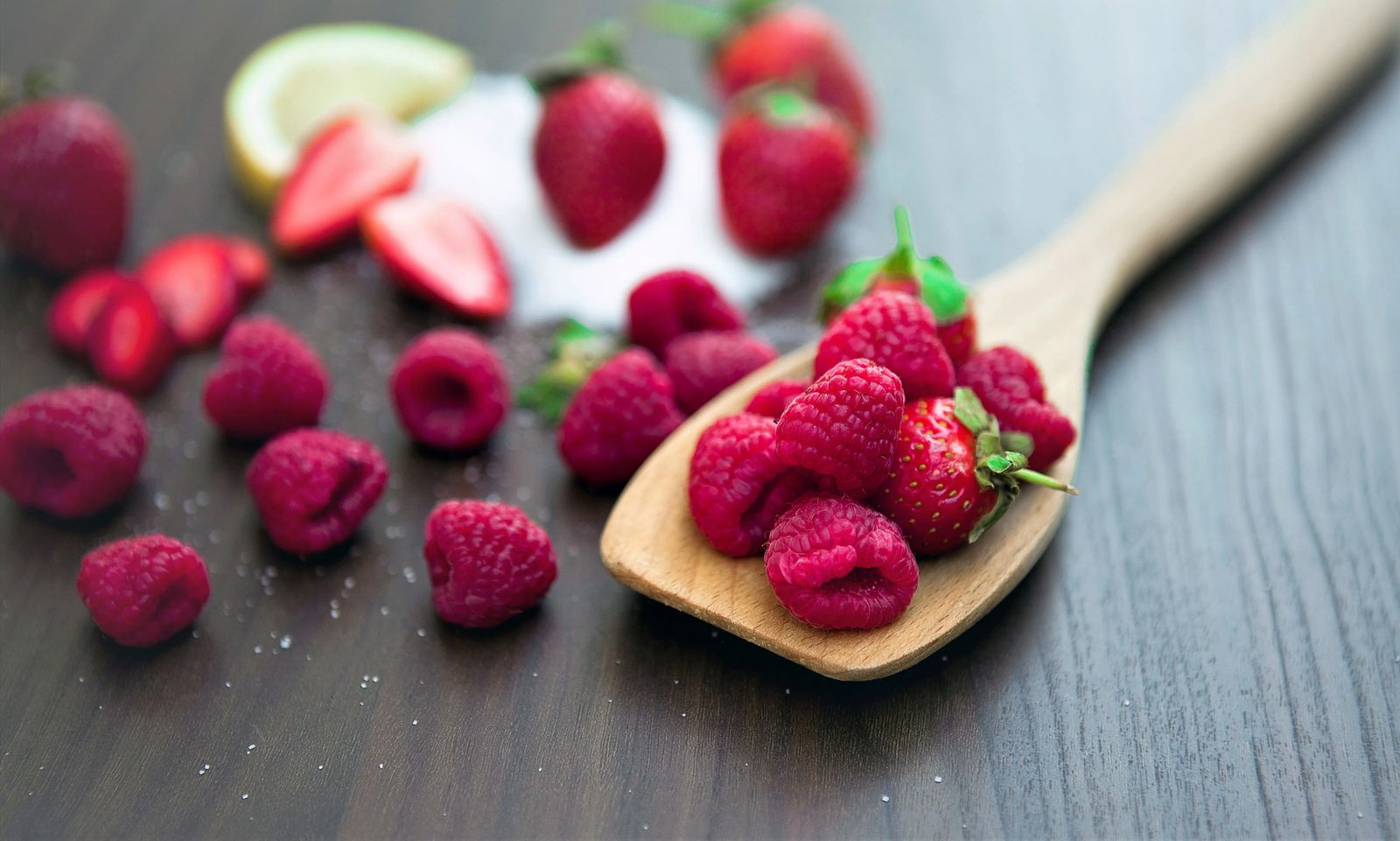
Feeding Your Brain
Eating to keep cognitive decline at bay
If you knew that the sweet potato you enjoyed every now and then during dinner benefited your brain health with every bite, would you make a note to eat more of them?
The truth is, many of us think about how the food we eat affects our overall health and the energy these foods provide, but rarely do we think about what impact they have on our brains.
If you are worried about keeping diseases such as Alzheimer’s at bay, emerging research shows there are a few diets that have been found effective in slowing the progression of degenerative brain diseases.
The answer might be as simple as whole grains, lean meats, fish, nuts, seeds, fruits and veggies and a little bit of dairy. The Mediterranean and the DASH (Dietary Approaches to Stop Hypertension) have both been connected to lowering blood pressure, reducing cardiovascular disease along with Type 2 Diabetes — all of which are risk factors for Alzheimer’s disease. The diets call for less red meat, less dairy and less salt, all most often consumed in the average American diet.
In the last few years, the MIND diet, which is a hybrid of both the Mediterranean and DASH diets (stands for Mediterranean-DASH Intervention for Neurodegenerative Delay), has taken center stage. Research shows that not only is this diet good for overall health, the antioxidant-rich diet reduces cell damage to the brain.
The MIND diet focuses on 10 foods called “brain health powerhouses.” Let’s take a look.
DARK CHOCOLATE
Research shows eating high flavanol cocoa improves blood flow to the brain and has shown to improve cognitive function in elderly people with mental impairment.
TUMERIC
This spice has powerful anti-inflammatory properties found to support memory and to reduce mental strain.
KALE (or other leafy greens)
Greens are packed with nutrients like folate, vitamin E, carotenoids and flavonoids, all which have been shown to slow brain aging.
SWEET POTATOES
This root vegetable is known for its anti-inflammatory properties and appears to boost your mood since the antioxidant beta-carotene helps slow free radical damage to brain cells.
BERRIES
According to the Mayo Clinic, in a 20-year study of more than 16,000 older adults, those who ate healthy doses of flavonoid-rich blueberries and strawberries had the slowest rates of cognitive decline.
WALNUTS
This tasty snack is packed with vitamin E, known for its brain-protecting properties.
GARBONZO BEANS
These little legumes are rich in magnesium, fiber and protein, all great for brain health. Magnesium relaxes your blood vessels, allowing more blood (and oxygen) to travel to your brain.
FISH
Research shows adults over the age of 65 who consumed fish weekly scored better on memory tests than those who didn’t. The Omega-3 fatty acids aid in blood flow to the brain.
RED WINE
A glass with dinner might lower the risk of cognitive decline. Studies show red wine helps with blood flow and, according to the Mayo Clinic, light to moderate enjoyment may delay the onset of Alzheimer’s by two to three years.
GREEN TEA
Studies show the mix of caffeine and L-theanine present in green tea bring a boost in both mood and cognitive performance.
STRIVING FOR THE MIND
One of the best parts of the research surrounding these ways of eating is that they are flexible. You don’t have to follow the exact recommendations to benefit with better brain health. On an average week, strive for:
· 6 servings of leafy greens
· 1 non-leafy green, daily
· 2 or more servings of berries
· 1 serving of fish
· A handful of nuts for a snack, five times a week
· 4 or less red meat meals
So, what can you implement into your life this month to help support your brain health? Could you swap red meat for fish 1-2 times a week? Go ahead and have that glass of wine with some berries and dark chocolate!
DID YOU KNOW? Eating certain foods (and avoiding others) has been shown to slow brain aging by 7.5 years and lessen the chances of developing Alzheimer's disease. – Mayo Clinic









